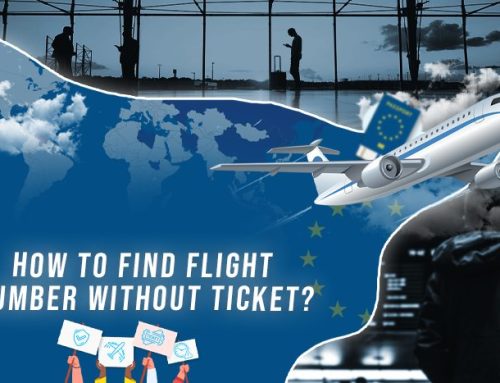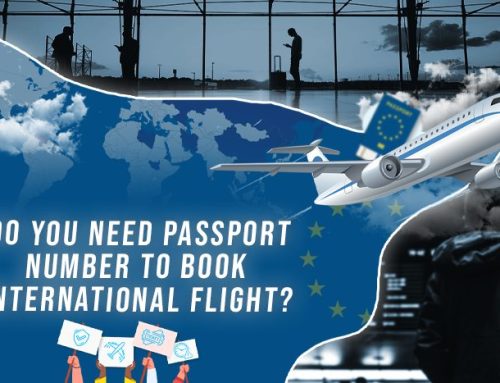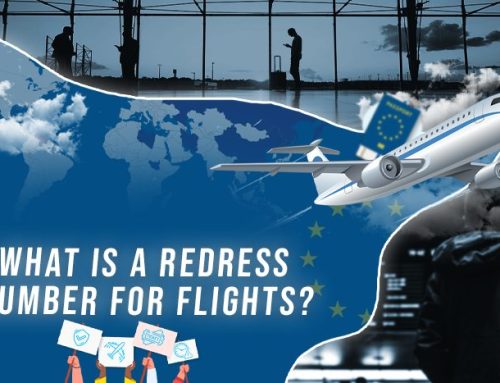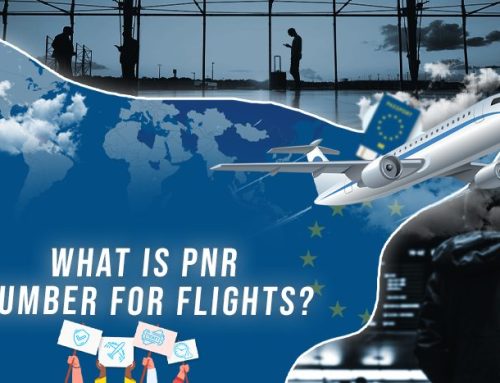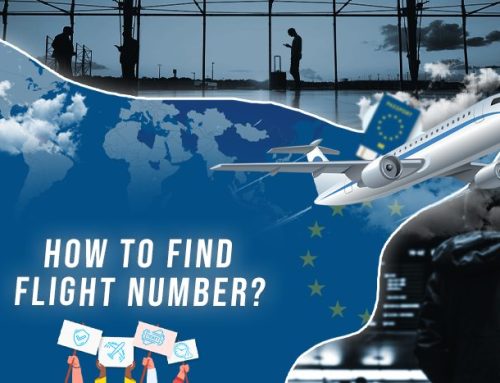Traveling with a disability can be stressful, especially if you need a chair to move around in your daily activities. Passengers who are not able to move on their own without assistance will need to get accommodations in order to fly. However, a paraplegic can absolutely fly on an airplane. Here’s all you need to know.
Key Takeaways
- Paraplegics can travel by air with appropriate accommodations and assistance. Airports and airlines provide special services, including aisle chairs and staff support, to ensure a smooth boarding process and comfortable travel experience.
- Contact the airline’s customer service in advance to communicate specific needs and ensure suitable arrangements. Booking flights with wider aisles can make navigating with an aisle chair easier, and sharing additional special requirements in advance can streamline the travel process.
- To enhance peace of mind, bring extra supplies like tires and batteries for the power chair, as these may be difficult to find at the destination. Being prepared for unexpected situations can help maintain independence and comfort throughout the journey.
- While airlines take precautions, equipment damage can occur. It is essential to document any damage and submit a claim if necessary. Proving that the damage occurred while in the airport’s care may entitle passengers to compensation.
- Familiarize yourself with the Air Carrier Access Act (ACA) or similar regulations in your country, which safeguard the rights of passengers with disabilities. Understanding your rights can empower you to advocate for necessary accommodations and ensure a positive travel experience.
How Can Paraplegics Get on the Plane?
Power chairs will need to be checked and loaded into the cargo; however, the airport staff is available to help you transition to the plane. You will be loaded into an aisle chair, which is a smaller wheelchair that can fit on airplanes.
Staff members will get you situated, and they may need to use a hoist, harness, and other tools to care for your well-being during the transition. If you are traveling with someone, they will also allow them to board with you. Your chair is then checked, and it will be ready for you at your final destination. The cabin crew can help you if you need additional support during the flight.
How to Pick the Right Flight
Unfortunately, you’ll have to stow your chair as you prepare to get on the plane, but not all airplanes are equipped to accommodate the chairs. Before you book, it’s best to call ahead to make sure that they can not just properly store your chair but also have the staff available to help get you to your seat.
Keep in mind that bigger planes have wider aisles, so it’s easier to navigate with the temporary chair. Customer service can make sure to note your accommodations request and ensure it is met as you travel. Make sure to share if you have additional special needs, including oxygen, dietary restrictions, and more in advance. This will make your travel process smoother.
What Do Paraplegics Need to Fly?
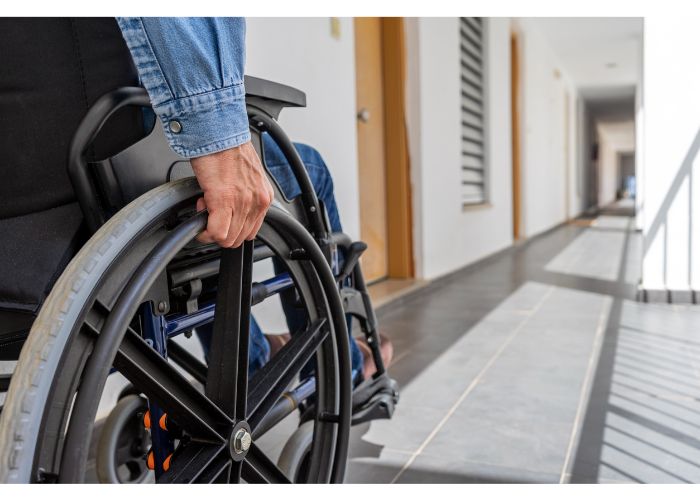
Depending on where you are going, you may want to bring extra supplies as you travel. This can include extra tires, batteries, and other accessories that are integral to your safety and comfort while in the chair. It may be difficult to locate these specific items at your final destination, so carrying extra can give you peace of mind.
While the airline will do all it can to ensure your chair gets to its final destination in the same condition you left it in, unfortunately, things can happen, so you want to be prepared. If your chair is damaged, make sure to document it and submit a claim. If you can prove the damage happened while the chair was in the care of the airport, you could be eligible for compensation.
Otherwise, you do not need anything special to fly that you otherwise would not bring with you.
Conclusion
While paraplegics need special accommodations to travel, they can absolutely fly. Prior to booking, they should contact customer service to communicate their special needs. Agents can help make sure you get on a flight that can accommodate your needs, making the travel process as seamless as possible.
Frequently Asked Questions
-
Can I travel with my own power chair, and how will it be handled during the flight?
Yes, you can travel with your own power chair. Airlines typically allow power chairs to be checked and loaded into the cargo hold. Airport staff will assist you in transitioning to an aisle chair, a smaller wheelchair that fits on airplanes, to help you board. Your power chair will be checked separately and will be ready for you at your destination.
-
Are all airplanes equipped to accommodate power chairs?
No, not all airplanes can accommodate power chairs. It is essential to check with the airline in advance to ensure they can properly store your chair and have the necessary staff to assist you throughout the boarding process.
-
How can I request assistance during the flight if needed?
If you require additional support during the flight, the cabin crew is there to assist you. You can request assistance with moving around the cabin, accessing restrooms, or any other necessary help. It’s advisable to inform the airline about your specific needs during the booking process or when contacting customer service.
-
What should I do if my power chair gets damaged during the flight?
In the unfortunate event that your power chair is damaged during the flight, document the damage immediately upon arrival. Take photos and report the issue to airline staff. If you can prove that the damage occurred while the chair was in the care of the airport, you may be eligible to submit a claim for compensation.
-
Can I travel alone, or do I need to be accompanied by someone?
Paraplegics can travel alone if they are comfortable and confident in managing their needs independently. However, having a travel companion can be beneficial, especially when dealing with unforeseen circumstances or if additional assistance is required during the journey. Traveling with a companion can also provide peace of mind and support throughout the trip.



